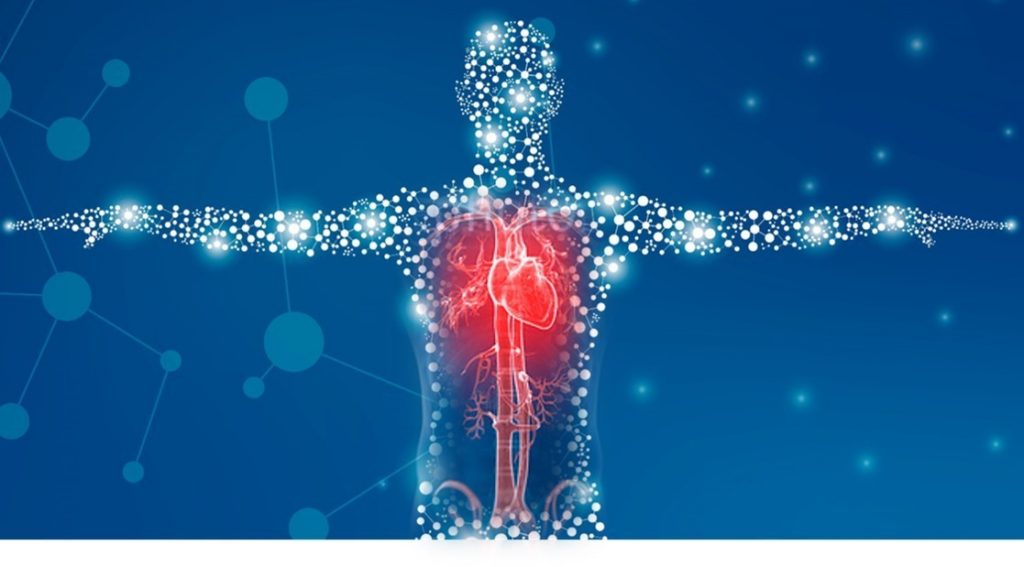Cardiovascular disease (CVD) comprehensively describes a range of pathologies of the heart and/or blood vessels. These disorders differ markedly in time-scale of development, and relative contributory effects of genes and environment. Largely due to this breadth, and their causes and effects, the range of investigation, assessment, and treatment strategies available is large. The diversity of the diseases, disease processes, and genetic differences between individuals could obscure disease associations in terms of the proteomic signatures of each disorder. Thus, a panel of independent disease-related proteins considered together should be less prone to this noise and help provide much more robust analysis and indication of disease. The publication featured below and the reagents (multi-plex immunoassays or single target ELISA and antibodies) mentioned in this post may contribute in helping you to identify such diseases signature.
Featured CVD Reference:
Cardiac explants tissue stem cells have become a new potential stem cell source for the treatment of various diseases, and have even entered early clinical trials. The utility of this population, while promising, remains unknown due to many factors. One factor is the actual phenotype of the cell or cells that are responsible for the “stemness” of this population, and the markers that can best define this population. Using a rat model of cardiac infarction, this group noted that the stem cell population derived from these explants differed in their expression of the GPI anchored glycoprotein CD90 (Thy1). In vitro analysis of the CD90 negative stem cells showed superior tube formation, while in vivo injection of these same cells showed improved cardiac functions far better than the unsorted or CD90 positive cells. Using Antibody Array and ELISA analysis they identified several growth and inflammatory factors that differed between the CD90 positive and negative groups, all or some of which might contribute to the improved tube formation and cardiac function in the infarct model. Finally, they confirmed that CD90 negative stem cells were far superior in vascularization by histological evaluation. Overall CD90 negative cells mark a unique population within the stem cell group that offer superior utility in stem cell treatments following cardiac infarction.
Featured CVD related products
Human Obesity Array Q1 – Detects 10 Human Adipokines
Human Obesity Array Q3 – Detects 40 Human Adipokines
Rat Cytokine Array Q2 – Detects 10 Rat Cytokines
Human Cancer Discovery Array C2 – Detects 20 cytokines related to cancer biology
Human Cancer Discovery Array C3 – Detects 30 cytokines related to cancer biology
Human Cardiac Troponin I (cTnI) ELISA
Human BNP ELISA
Human proBNP ELISA
Human Myoglobin ELISA
You may also be interested in this brochure which lists a full range of antibodies for targets related to cardiovascular diseases. Reactivity range and immunoassay applications are indicated in the table to help you in your choice. Of course, feel free to contact me if you need any help in selecting!



